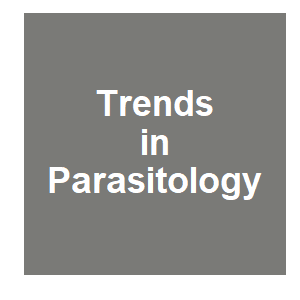Wolbachia as translational science: controlling mosquito-borne pathogens

|
E. P. Caragata, H. L. C. Dutra, P. H. F. Sucupira, A. G. A. Ferreira and L. A. Moreira,
Trends in Parasitology,
2021.

In this review we examine how exploiting the Wolbachia/mosquito relationship has become an increasingly popular strategy for controlling arbovirus transmission. Field deployments of Wolbachia-infected mosquitoes have led to significant decreases in dengue virus incidence via high levels of mosquito population suppression and replacement, emphasizing the success of Wolbachia approaches. Here, we examine how improved knowledge of Wolbachia?host interactions has provided key insight into the mechanisms of the essential phenotypes of pathogen blocking and cytoplasmic incompatibility. And we discuss recent studies demonstrating that extrinsic factors, such as ambient temperature, can modulate Wolbachia density and maternal transmission. Finally, we assess the prospects of using Wolbachia to control other vectors and agricultural pest species. More related to this: Wolbachia as a possible means of driving genes into populations Wolbachia and cytoplasmic incompatibility in mosquitoes Vector control: Discovery of Wolbachia in malaria vectors
|



